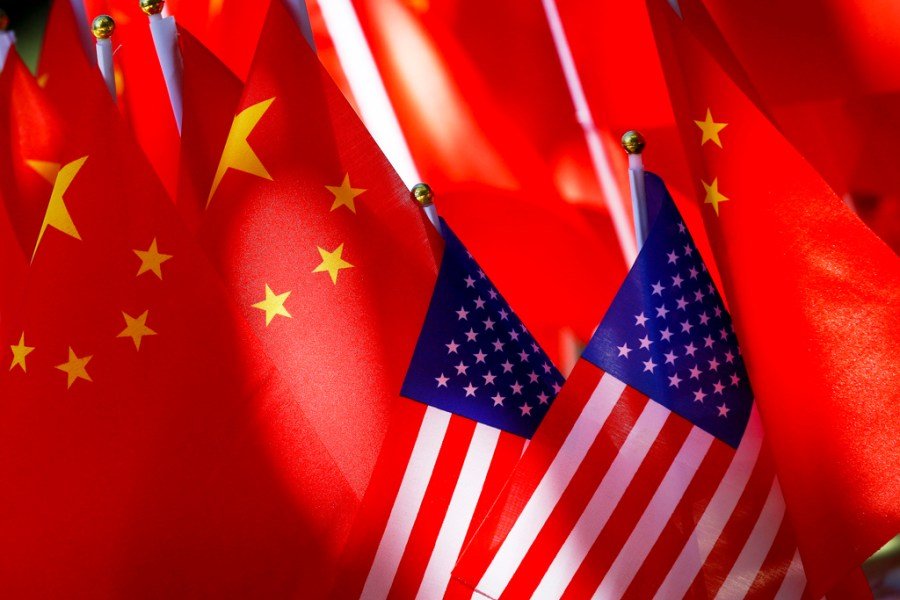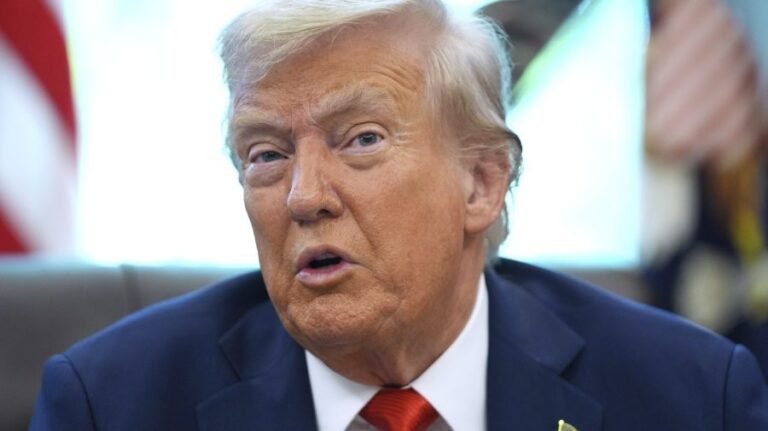
President Trump’s recent remarks tying U.S.-China trade talks to the admission of 600,000 Chinese students have caused uproar among his restrictionist base. But there are reasons to treat this claim with skepticism.
First, there are currently only about 277,000 Chinese students in the U.S. Admitting 600,000 would represent a twofold increase at a time when Chinese enrollment is trending downwards.
Second, while it is clear that China does not want to be cut off from U.S. higher education entirely, it has also begun to implement policies that incentivize its citizens to pursue degrees at home. Some provinces in China are beginning to exclude holders of foreign degrees from government jobs altogether. And China’s demographic woes will only accelerate the government’s need for young Chinese people to stay at home lest they potentially put down roots elsewhere.
Many of the objections to the admission of large numbers of Chinese students have to do with the potential national security risks of having large numbers of students from a foreign adversary inside the U.S., where they might be able to commit acts of espionage or even sabotage.
It is true that Chinese students carry potential risks, and the U.S. should not turn a blind eye to these possibilities out of well-meaning but misguided attempts to avoid seeming prejudiced. Chinese students in the U.S. have been credibly charged with engaging in espionage. Others have actively intimidated their peers here and reported back on their activities to the Chinese Communist Party.
An even greater but unknown number have likely abused the U.S. student visa system by cheating on their English literacy tests. Reports of academic dishonesty perpetrated by Chinese nationals at U.S. colleges and universities are also widespread.
These downsides should not be dismissed or ignored, but they can be mitigated with stricter monitoring and accountability measures. Responsible policymakers must also weigh these risks against how U.S. national security is served by having large numbers of Chinese students in our universities. These benefits frequently go unmentioned because pro-immigration advocates tend to focus on the humanitarian and moral arguments for international student enrollment, but the national security case presents clearer advantages for the national interest.
The most immediate advantage of having Chinese students study in the U.S. is that it keeps them out of China for at least four years. This helps us widen our demographic advantages over China, as some of their young people will choose to settle down in the U.S., contributing to China’s rapidly collapsing birth rate. Chinese students also disproportionately come from wealthy families, which means they will be spending money in local U.S. economies instead of helping to keep China’s economy afloat.
In recent years, the U.S. has also struggled to infiltrate China. The espionage risk of Chinese students runs both ways — while it allows the Chinese Communist Party to potentially plant intelligence assets in the U.S., it also gives our intelligence agencies a large population of potential recruits to draw from on home soil where the risks of interception are reduced.
The idea that Chinese students have ultimate and unyielding loyalty to the Chinese Communist Party is itself propaganda disseminated by the party to discourage attempts to recruit students studying abroad. But in private, they are more candid about their concerns of U.S.-educated students being recruited.
At a broader level, having large numbers of Chinese students study in the U.S. allows us to directly influence a section of Chinese society primed for future leadership with American ideals and cultural habits. We could do a much better job of this by breaking up the influence of Confucius Institutes and creating targeted programs of our own, but the way to maximize this opportunity is through greater integration and assimilation of Chinese students instead of pursuing blanket exclusions.
President Trump’s comment about 600,000 Chinese students is unrealistic for a number of reasons, and enrollment levels should not rise above historical levels. But policymakers would be wise to weigh both the risks and the benefits that Chinese student enrollment has for U.S. national security during forthcoming negotiations.
Gil Guerra is an Immigration Policy Analyst at the Niskanen Center, and was named the 2024 Rising Expert in Latin America by Young Professionals in Foreign Policy.


